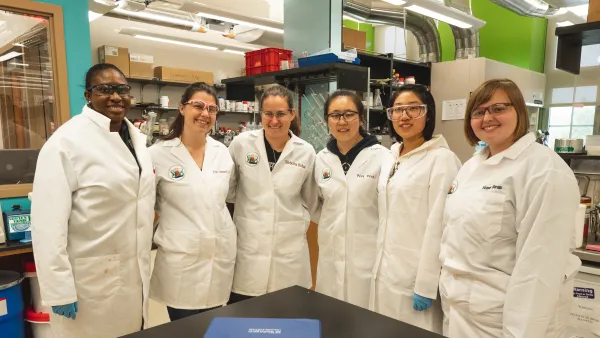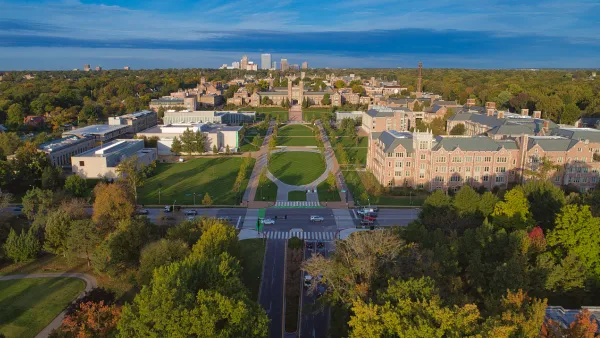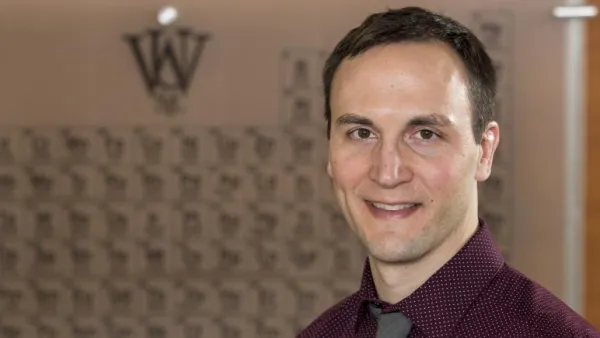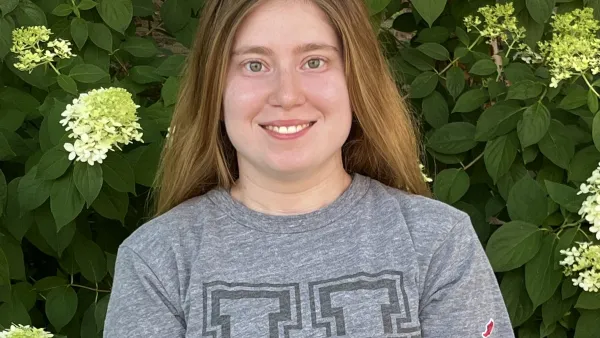In celebration of International Women’s Day, the Department of Chemistry Diversity, Equity, and Inclusion Committee highlights a few outstanding female chemists currently making contributions to our field.
Like their famous predecessors such as Marie Curie, Rosalind Franklin, Dorothy Hodgkin, and Irene Joliot-Curie, these female chemists have changed science through their outstanding work.
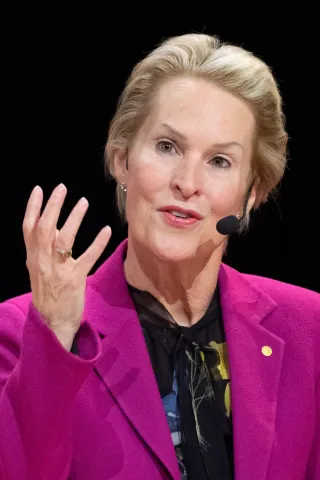
Frances Arnold is a chemical engineer who was awarded the 2018 Nobel Prize in Chemistry for her work in the use of directed evolution to engineer enzymes. Arnold obtained her doctorate degree in chemical engineering from the University of California, Berkeley, under the direction of Harvey Warren Blanch. Currently, she is the Linus Pauling Professor of Chemical Engineering, Bioengineering, and Biochemistry at Caltech, where she runs her research laboratory generating novel and useful enzymes using evolutionary protein design methods. Arnold’s work has been recognized by many awards and honors, including being the first woman to be elected to all three National Academies in the U.S.
"If you are going to change the world, you've got to be fearless." -- Frances Arnold
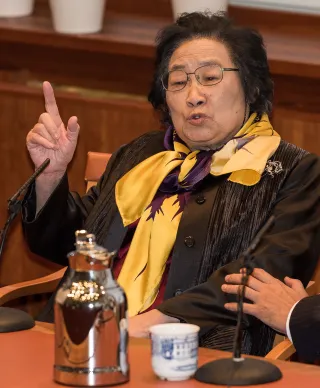
Tu Youyou is a Chinese pharmaceutical chemist who is best known for her discovery of artemisinin and dihydroartemisinin, which are used in the treatment for malaria. She received the Nobel Prize in Physiology or Medicine in 2015 and the Lasker Award in clinical medicine in 2011, making her the first mainland Chinese scientist to receive these awards. Youyou was born in Ningo, Zhejiang, China, where she obtained her degree in pharmacology from Peking University. During her career, she focused on Chinese medical texts to find a traditional cure for malaria. After studying traditional herbal medicine and learning how to classify medicinal plants, extract active ingredients, and determine their chemical structure, she was able to extract a substance, artemisinin, that inhibits the malaria parasite.
“Artemisinin…is a true gift from old Chinese medicine. But this is not the only instance in which the wisdom of Chinese medicine has borne fruit.” -- Tu Youyou
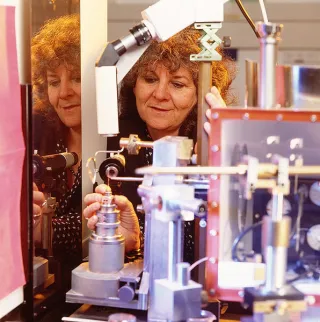
Ada Yonath is an Israeli crystallographer who was awarded the 2009 Nobel Prize in Chemistry for her work in the structure and function of the ribosome. She obtained her bachelor’s degree, as well as her PhD, from the Weizmann Institute of Science under the direction of Wolfie Traub. After finishing her postdoctoral studies in the United States and returning to Israel, she established what was for nearly a decade the only protein crystallography laboratory in Israel. In 1984 she started her position as a professor at the Weizmann Institute of Science, where she led a large group of scientists that eventually solved the structure of the ribosome. During her work as a crystallographer, she developed the novel technique knowns as cryo bio-crystallography, which remains a routine method used in structural biology.
"I was described as a dreamer, a fantasist, even as the village idiot. I didn't care. What I cared about was convincing people to allow me to go on with my work." -- Ada Yonath
